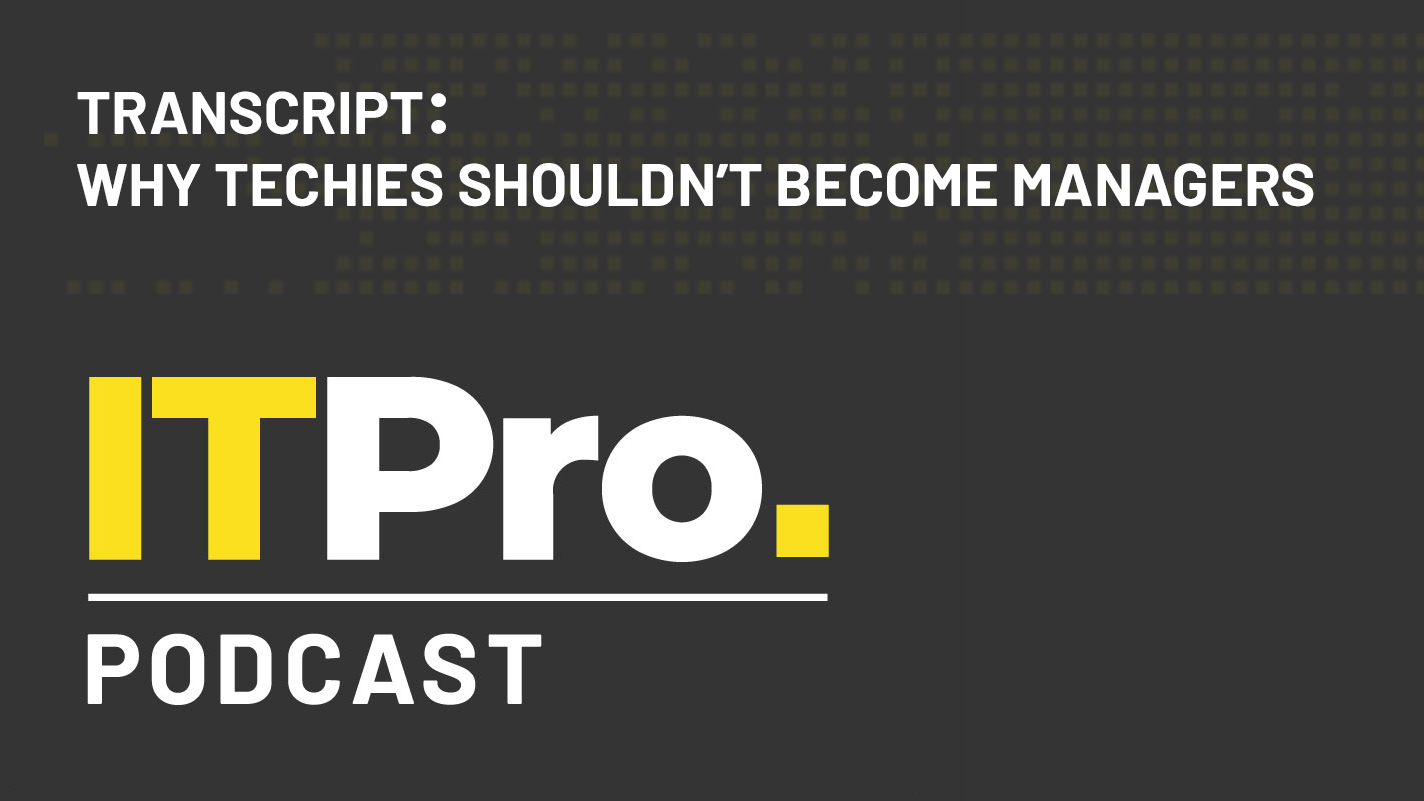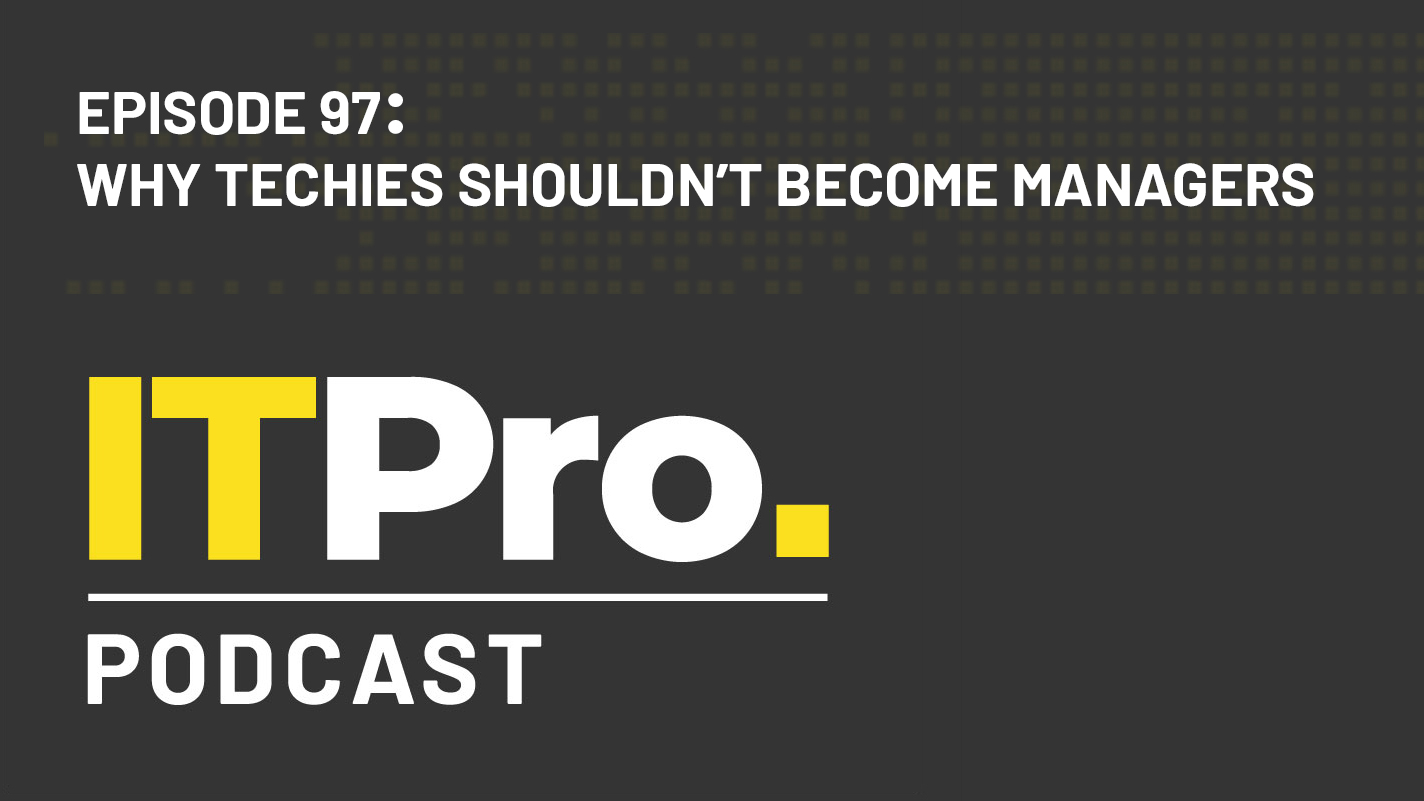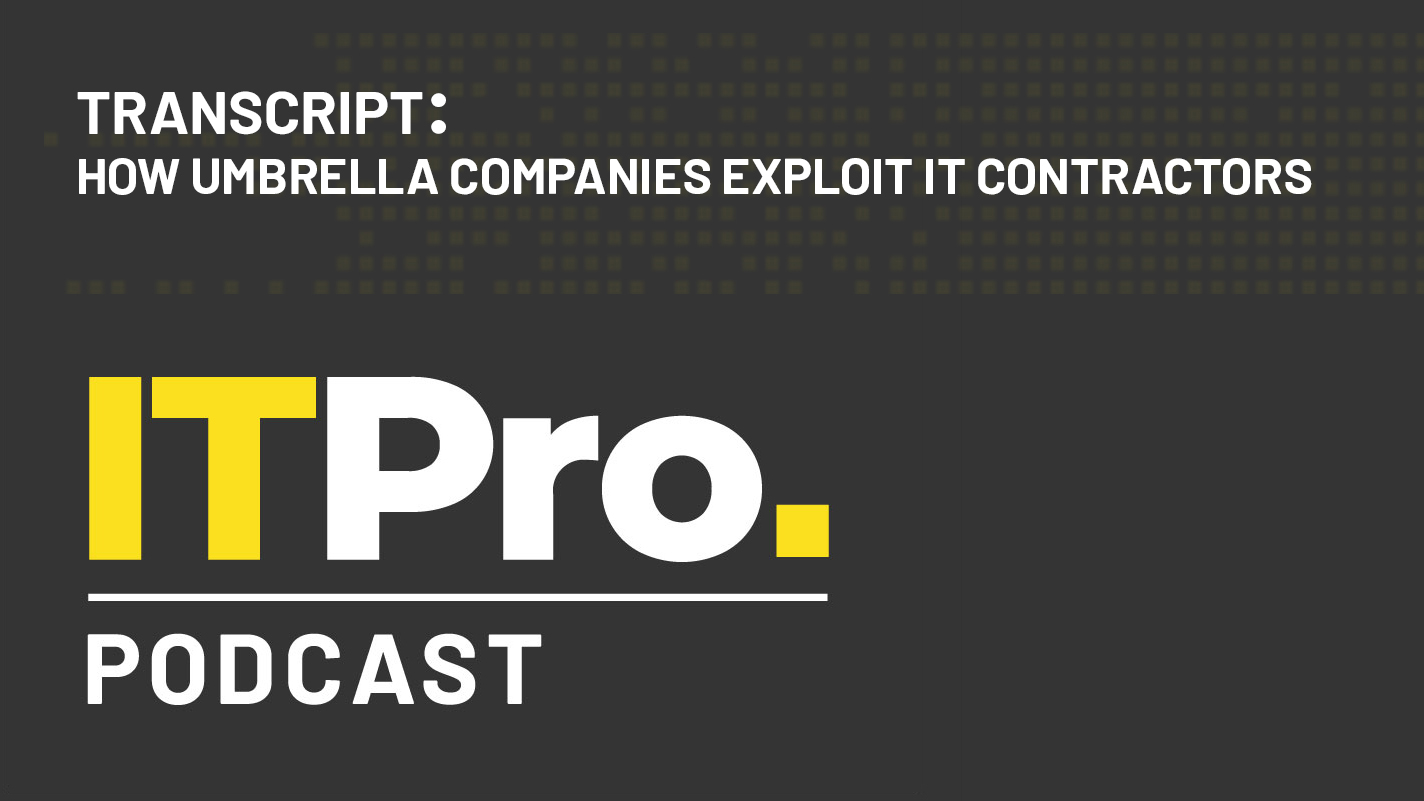National Living Wage 'hits SMB profits'
FSB finds small businesses lose out on profits to pay staff £7.50 rate


Most small firms and startups affected by the National Living Wage are taking lower profits to accommodate it, according to the Federation of Small Businesses (FSB).
Nearly two-thirds of small firms who must pay the wage, first introduced last April, and updated this April to force employers to pay employees aged over 25 at least 7.50 per hour, are losing out on profits as a result, and two in five have raised prices in order to cope with it, the FSB's survey of 835 small business employers, conducted in June, found.
Furthermore, a quarter have cancelled or scaled back investment plans, and 22% have reduced staff hours, while 19% have hired fewer employees.
Mike Cherry, FSB national chairman, said: "Small employers have demonstrated their resilience in meeting the challenge set by the National Living Wage, with many cutting their margins, or even paying themselves less, to pay their staff more. In sectors where margins are tight, small firms are resorting to more drastic measures to cope with the NLW."
The rapid rise has impacted small businesses first because they were more likely to pay less than the required rate before it was introduced, though 57% said they were already exceeding the wage.
Less than 4% of respondents are now hiring more workers under the age of 25, who would be paid a lower rate under the National Minimum Wage, the FSB found.
"It's vital that the National Living Wage is set at a level that the economy can afford, without job losses or harming job creation," Cherry added. "Cost pressures on small businesses are building, and with most recent economic indicators underperforming, we are now facing the reality that the wage target [of 9 by 2020] may need to be delayed beyond 2020.
Get the ITPro daily newsletter
Sign up today and you will receive a free copy of our Future Focus 2025 report - the leading guidance on AI, cybersecurity and other IT challenges as per 700+ senior executives
"To prevent the growing costs of employment from stunting job creation, the government should use its autumn budget to uprate the Employment Allowance and focus it on the smallest employers."
Caroline has been writing about technology for more than a decade, switching between consumer smart home news and reviews and in-depth B2B industry coverage. In addition to her work for IT Pro and Cloud Pro, she has contributed to a number of titles including Expert Reviews, TechRadar, The Week and many more. She is currently the smart home editor across Future Publishing's homes titles.
You can get in touch with Caroline via email at caroline.preece@futurenet.com.
-
 AI is helping bad bots take over the internet
AI is helping bad bots take over the internetNews Automated bot traffic has surpassed human activity for the first time in a decade, according to Imperva
By Bobby Hellard
-
 Two years on from its Series B round, Hack the Box is targeting further growth
Two years on from its Series B round, Hack the Box is targeting further growthNews Hack the Box has grown significantly in the last two years, and it shows no signs of slowing down
By Ross Kelly
-
 IT Pro Panel: Tackling technical recruitment
IT Pro Panel: Tackling technical recruitmentIT Pro Panel With the recruitment market shifting, how can businesses both retain their best staff and fill gaping talent shortages?
By Adam Shepherd
-
 Podcast transcript: Why techies shouldn’t become managers
Podcast transcript: Why techies shouldn’t become managersIT Pro Podcast Read the full transcript for this episode of the IT Pro Podcast
By IT Pro
-
 The IT Pro Podcast: Why techies shouldn’t become managers
The IT Pro Podcast: Why techies shouldn’t become managersIT Pro Podcast Managing people is a completely different skillset to managing technology - so why do we keep pushing people from one to the other?
By IT Pro
-
 Podcast transcript: How umbrella companies exploit IT contractors
Podcast transcript: How umbrella companies exploit IT contractorsIT Pro Podcast Read the full transcript for this episode of the IT Pro Podcast
By IT Pro
-
 The IT Pro Podcast: How umbrella companies exploit IT contractors
The IT Pro Podcast: How umbrella companies exploit IT contractorsIT Pro Podcast Is tighter regulation needed to stop workers from being cheated out of earnings?
By IT Pro
-
 Data scientist jobs: Where does the big data talent gap lie?
Data scientist jobs: Where does the big data talent gap lie?In-depth Europe needs 346,000 more data scientists by 2020, but why is the gap so big?
By Zach Cooper
-
 Four tips for effective business collaboration
Four tips for effective business collaborationOpinion Collaboration is about more than just removing office walls
By Esther Kezia Thorpe
-
 IT Pro Panel: The truth about talent
IT Pro Panel: The truth about talentIT Pro Panel Why is it still so hard to find good people?
By Adam Shepherd